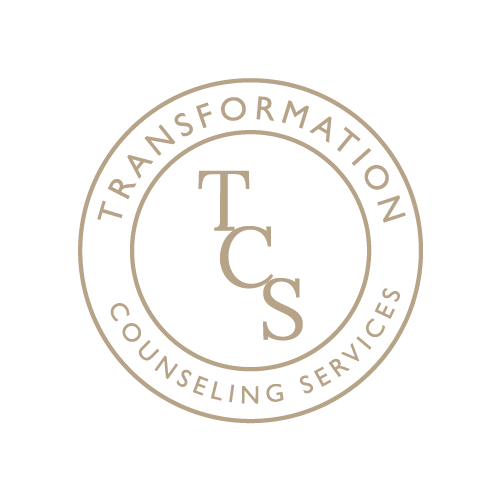Childhood emotional neglect (CEN) can have far-reaching consequences, especially
when it comes to forming relationships in adulthood. When emotional needs go unmet
during childhood, we often carry those wounds into our adult lives, leading to struggles
with intimacy, trust, and self-worth. Understanding the impact of CEN is crucial to
healing and building healthier connections.
What is Childhood Emotional Neglect?
Childhood emotional neglect occurs when parents or caregivers fail to respond to a
child’s emotional needs. Unlike physical neglect or abuse, emotional neglect is subtle
and often goes unnoticed. It’s about what didn’t happen—like the absence of care,
attention, or validation of a child’s feelings.
Children who experience emotional neglect often grow up feeling emotionally unseen
and unworthy, even though they might not be able to pinpoint why.
Common Signs of Childhood Emotional Neglect in Adults:
Emotional Numbness: Difficulty identifying or expressing emotions.
Fear of Intimacy: Avoiding close relationships to protect yourself from rejection.
Self-Blame: Taking on excessive responsibility for relationship problems.
Over-Independence: Reluctance to rely on others or ask for help.
Difficulty Trusting Others: Hesitancy in opening up due to fear of being hurt.
How Childhood Emotional Neglect Affects Adult Relationships
CEN shapes how we relate to others in adulthood. Adults who experienced emotional
neglect may struggle with vulnerability and connection, often feeling distant or
disconnected from their partners and loved ones. This emotional disconnection makes it
difficult to form deep, meaningful relationships, leading to patterns like emotional
avoidance or relationship anxiety.
1. Fear of Intimacy
Because their emotions were often ignored or invalidated in childhood, adults with CEN
may find it challenging to connect deeply with others. Intimacy feels risky because it
involves emotional exposure, something they’ve been conditioned to avoid.
2. Emotional Numbing
Many adults with CEN become emotionally numb as a coping mechanism. They
struggle to identify or express their emotions, leading to flat or unemotional responses in
relationships. This can create distance and confusion with partners who may feel shut
out or disconnected.
3. Over-Reliance on Independence
Adults with CEN may pride themselves on their independence, often believing that
relying on others is a sign of weakness. This over-reliance on independence can
prevent them from asking for help or support in relationships, leading to isolation.
4. People-Pleasing or Avoidance
To avoid conflict or rejection, many adults with CEN fall into patterns of people-pleasing,
putting others’; needs before their own. Alternatively, they may avoid relationships
altogether, finding it easier to stay emotionally distant rather than risk vulnerability.
How to Heal from Childhood Emotional Neglect
Healing from childhood emotional neglect takes time, self-awareness, and, often,
professional support. Recognizing how CEN affects your relationships is the first step
toward reclaiming emotional health.
1. Acknowledge the Impact of CEN
Recognizing that your emotional needs were neglected as a child is a crucial step in
understanding your current emotional struggles. Reflecting on this can help you make
sense of your difficulty with intimacy or trust.
2. Reconnect with Your Emotions
Practice identifying and validating your own emotions. Journaling, mindfulness, or
working with a therapist can help you reconnect with the emotions you’ve been avoiding
or suppressing.
3. Learn to Trust and Be Vulnerable
Building trust and practicing vulnerability in safe relationships can help you break the
cycle of emotional avoidance. Start small by sharing your feelings with someone you
trust, and gradually expand your emotional comfort zone.
4. Seek Professional Support
Therapy can provide a supportive space for you to explore the effects of CEN and
develop healthy emotional habits. Working with a therapist allows you to process past
neglect and practice healthier ways of relating to others.
If you’re struggling with the effects of childhood emotional neglect and want to improve
your relationships, Transformation Counseling Services can help. We specialize in
helping individuals heal from emotional wounds and build meaningful, lasting
connections.




